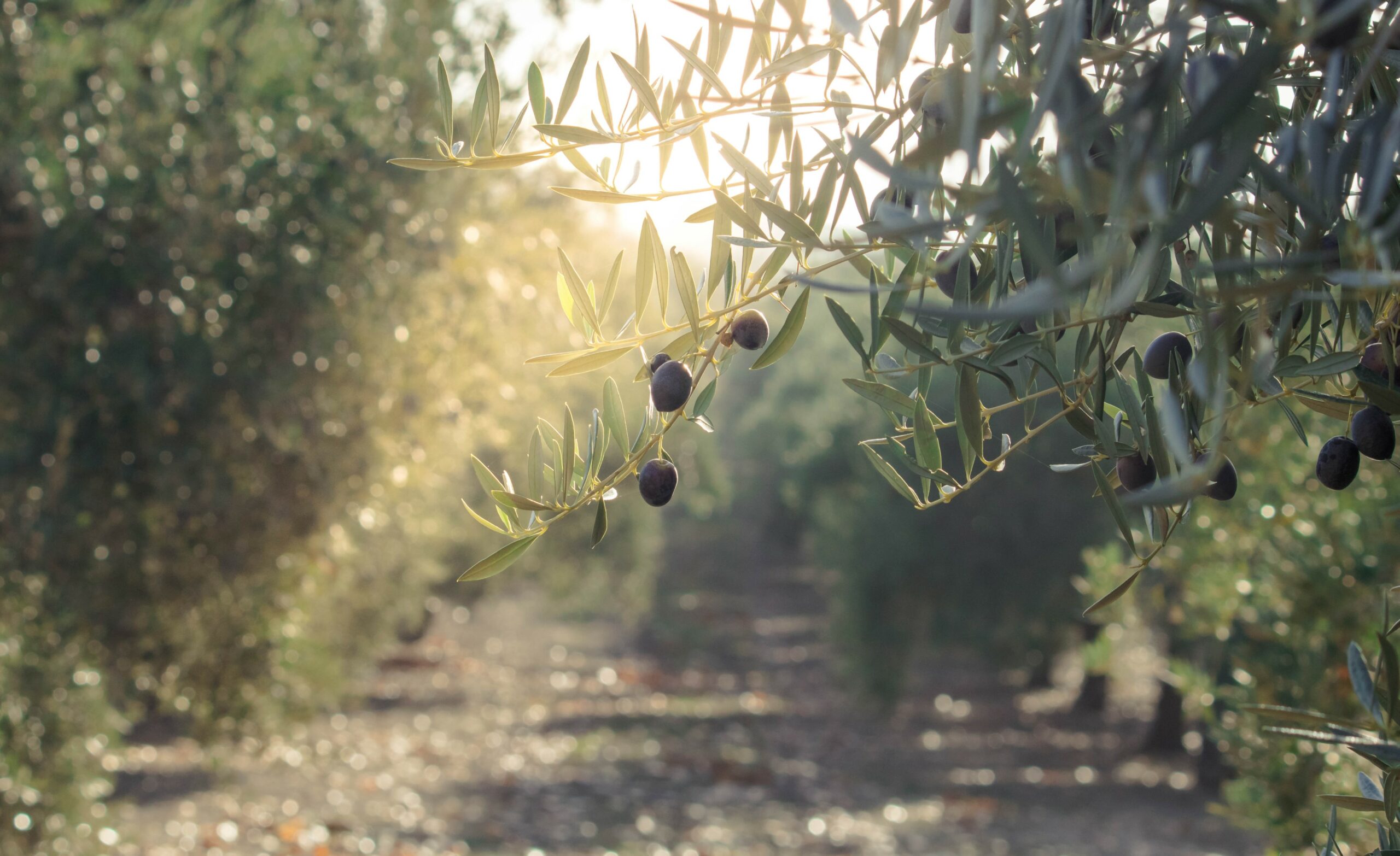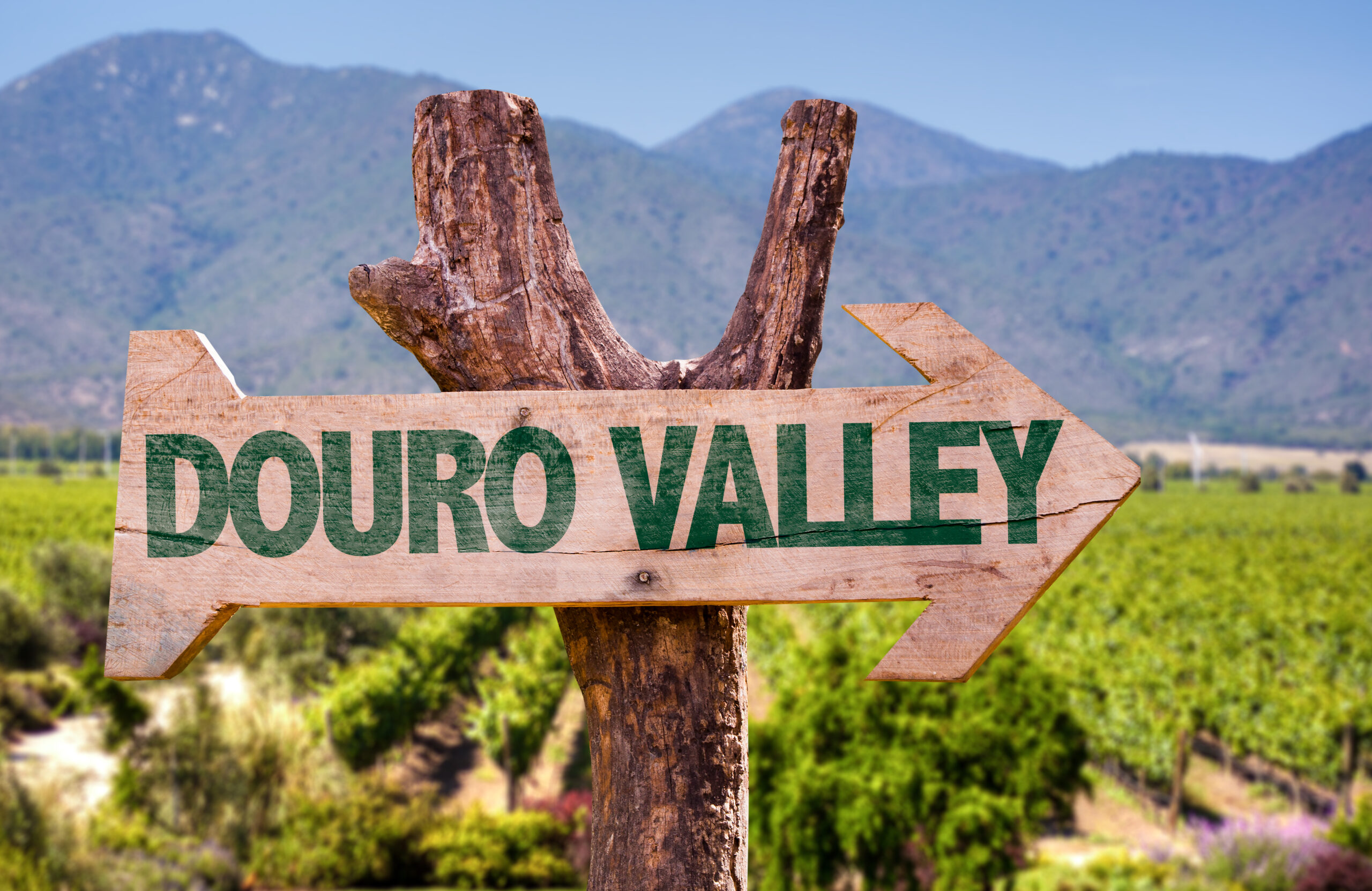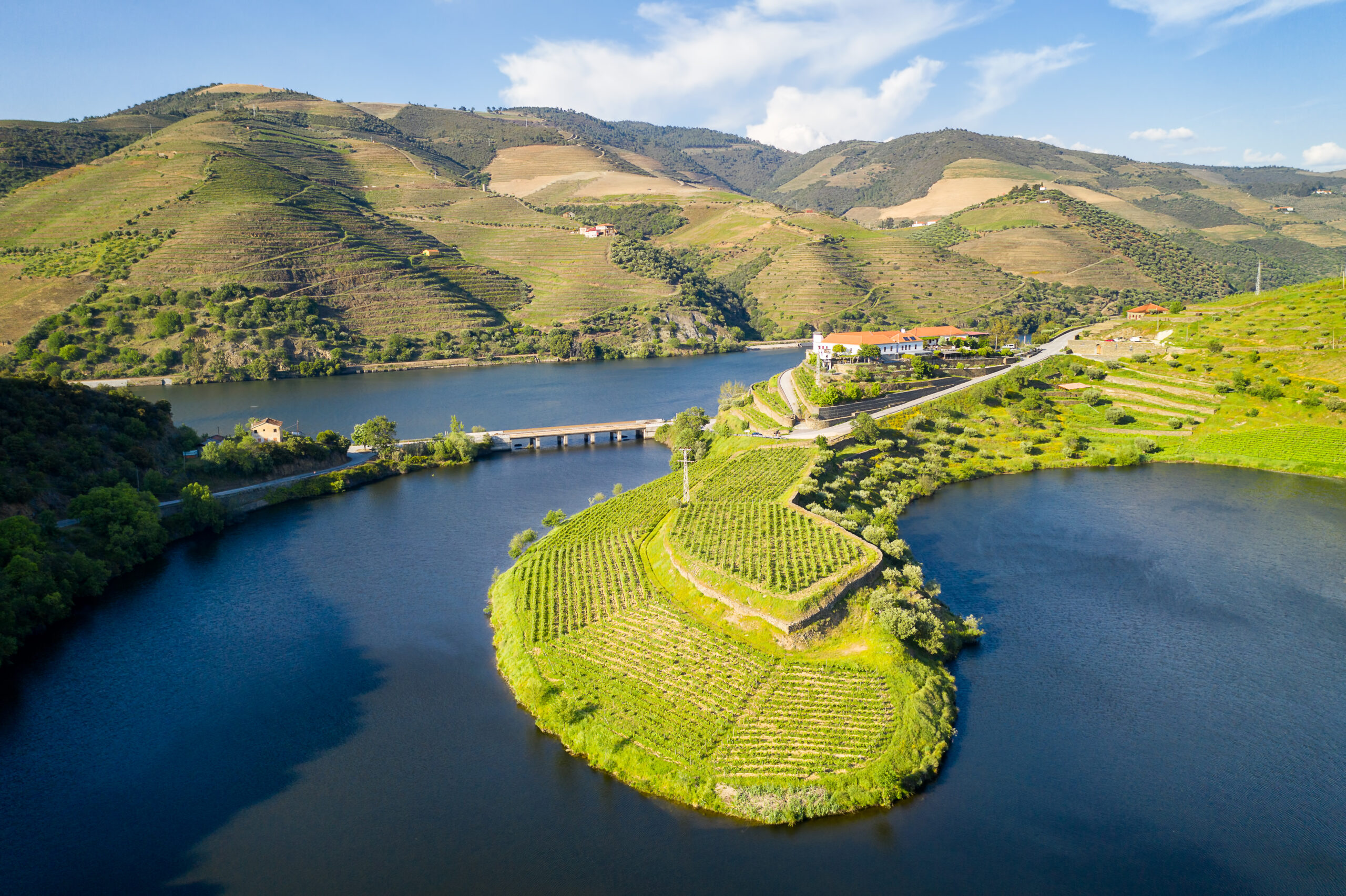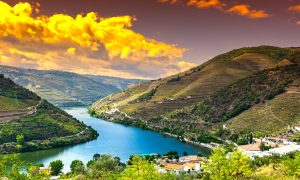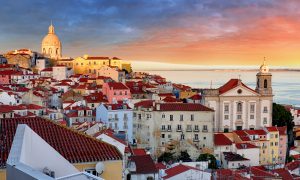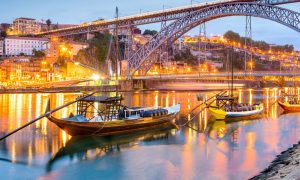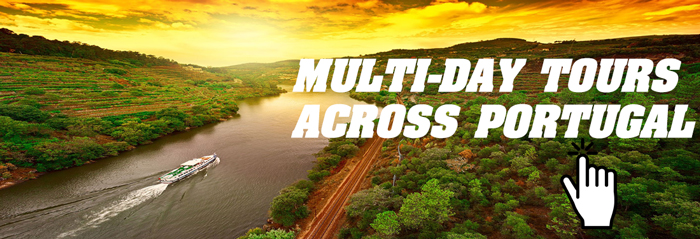Portugal, a country known for its rich history, vibrant culture, and stunning landscapes, is also home to one of the world’s oldest and most important agricultural industries – olive production. For centuries, the fertile lands of Portugal have been blessed with the perfect climate and soil conditions for growing olives, making it one of the top producers of olive oil in the world. The country’s long-standing tradition of olive cultivation has not only shaped its landscape but also its economy and cuisine. In this article, we will take a closer look at the history of olive production in Portugal, its current state, and where you can experience this fascinating industry firsthand.
Historical Description:
The history of olive production in Portugal dates back to ancient times, with evidence of olive trees being cultivated as early as 2000 BC. The Phoenicians, Greeks, and Romans were among the first to introduce olive trees to the Iberian Peninsula, and their influence can still be seen in the country’s olive production methods today.
During the Roman Empire, olive oil was highly valued for its medicinal and culinary properties, and Portugal became a major supplier of olive oil to the rest of Europe. The Moors, who ruled Portugal for over 500 years, also played a significant role in the development of the country’s olive industry. They introduced new techniques for cultivating and harvesting olives, as well as new varieties of olives that are still grown in Portugal today.
In the 15th century, Portugal’s Age of Discovery brought about a surge in olive production as explorers brought back new varieties of olives from their travels. The country’s strategic location along the Atlantic coast also made it a hub for trade, further boosting its olive industry.
Production:
Today, Portugal is the 8th largest producer of olive oil in the world, with an annual production of over 100,000 tons. The country’s olive groves cover an area of approximately 350,000 hectares, with the majority located in the southern regions of Alentejo, Algarve, and Trás-os-Montes.
The most commonly grown olive varieties in Portugal are Galega, Cobrançosa, and Verdeal, each with its unique flavor profile and characteristics. The olives are harvested between October and January, depending on the variety and region, and are then pressed to produce high-quality olive oil.
Portugal’s olive oil is known for its exceptional quality, with a low acidity level and a fruity, slightly bitter taste. It is also recognized for its health benefits, as it is rich in monounsaturated fats and antioxidants.
Where to See:
To truly experience Portugal’s olive production, there are several places you can visit. One of the most popular destinations is the Alentejo region, known as the “breadbasket” of Portugal. Here, you can find vast olive groves stretching as far as the eye can see, with some trees dating back hundreds of years.
The town of Moura in Alentejo is home to the Olive Oil Museum, where visitors can learn about the history and production of olive oil in Portugal. The museum also offers guided tours of nearby olive groves and olive oil tastings.
In the Algarve region, the town of Tavira is a must-visit for olive lovers. The town is surrounded by olive groves, and every year in November, it hosts the Feira da Perdiz, a festival celebrating the local olive oil production. Visitors can sample different varieties of olive oil, watch traditional olive pressing demonstrations, and enjoy local dishes made with olive oil.
General Uses:
Olive oil is an essential ingredient in Portuguese cuisine, used in everything from salads and marinades to stews and desserts. It is also a staple in the Mediterranean diet, known for its health benefits and delicious flavors.
Apart from its culinary uses, olive oil is also used in traditional Portuguese medicine for its healing properties. It is believed to have anti-inflammatory and antioxidant effects, making it a popular remedy for various ailments.
In recent years, Portugal’s olive oil industry has also seen a rise in the production of organic and gourmet olive oils, catering to the growing demand for high-quality and unique products.
Conclusion:
Portugal’s olive production is deeply rooted in its history and culture, making it an integral part of the country’s identity. From its ancient origins to its modern-day production methods, the industry continues to thrive, providing not only a vital source of income but also a source of pride for the Portuguese people. Whether you are a food lover, history buff, or simply looking for a unique travel experience, a visit to Portugal’s olive groves is a must. So, next time you drizzle some delicious Portuguese olive oil on your salad or use it to cook your favorite dish, remember the centuries of tradition and hard work that went into producing it.

